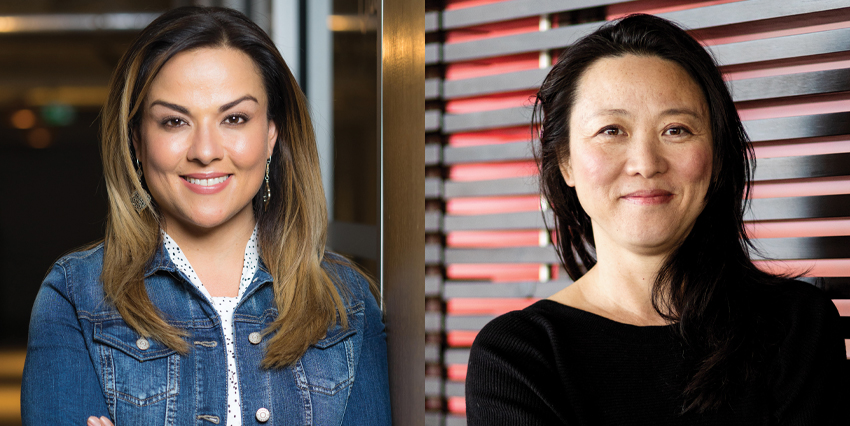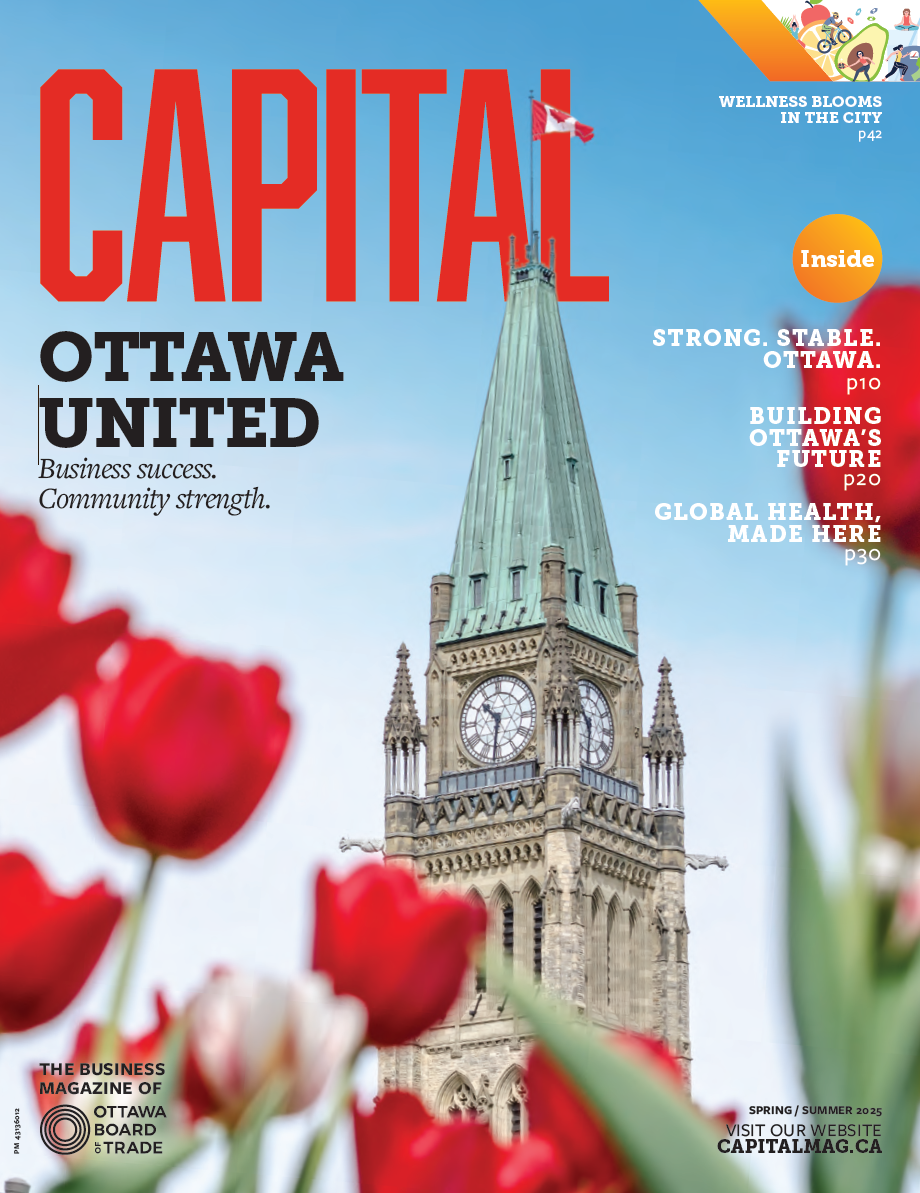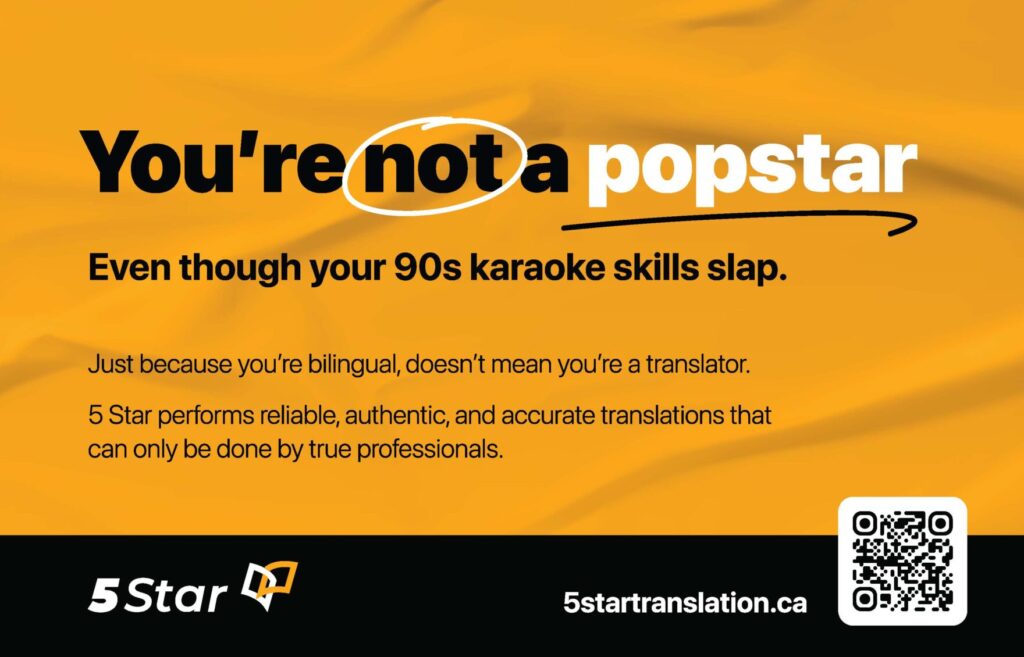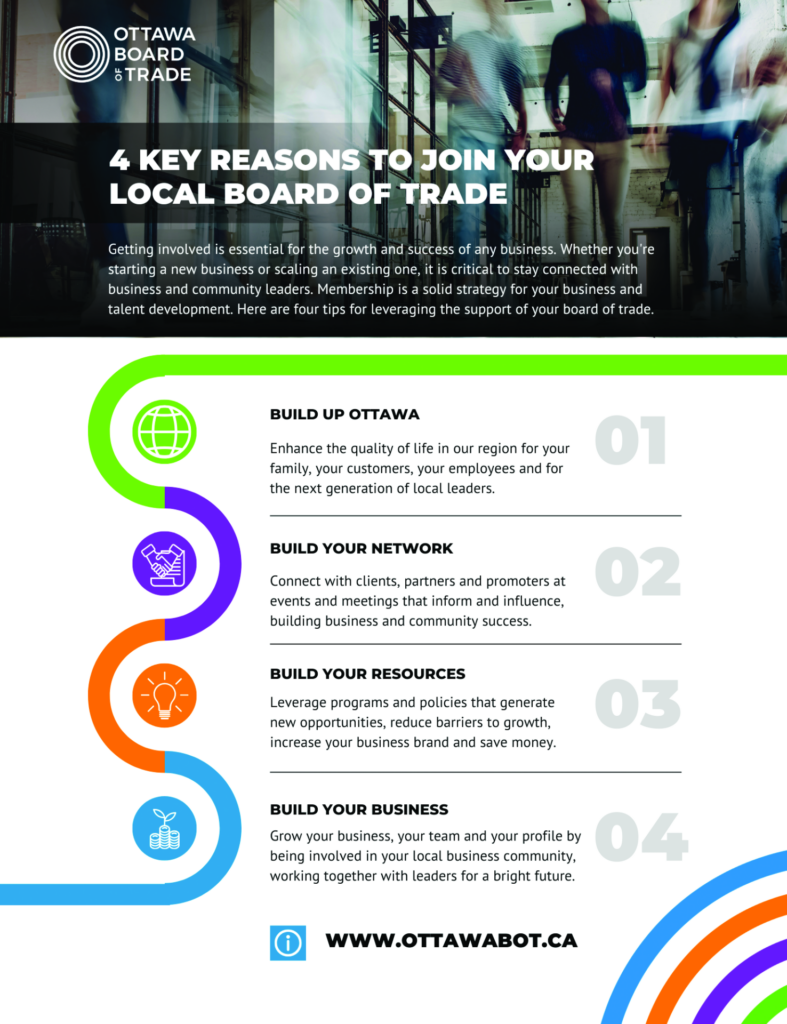Feature – As Ottawa Immigrant Women Entrepreneurs Prosper, Everyone Succeeds

Karla Briones, Business Owner and Consultant. Huiping Zhang, Owner and President of Wintranslation
By Alje Kamminga
Few countries enjoy the cultural, social, and economic benefits of immigration more than Canada. The Conference Board of Canada says we welcome more than 300,000 immigrants every year. This at a time when many countries have chosen to close their borders to this influx of talent.
Many of those immigrants are coming to Ottawa. In fact, Canada’s 2016 census shows that more immigrants than ever are settling in the National Capital Region (NCR), continuing a decades-long trend of steady growth. According to that census, nearly 38,000 new immigrants arrived in the NCR between 2011 and 2016. So it comes as no surprise that immigrants now make up about one-fifth of the NCR’s population.
A significant percentage of these immigrants— 30 per cent according to one recent study—own and operate small- and medium-sized businesses (SMEs). These immigrant entrepreneurs bring a unique combination of skill, determination, and experience to the workplace. Like all successful entrepreneurs, they contribute significantly to the economy by creating jobs and generating wealth.
Many of these entrepreneurs are women. And, to the surprise of no-one, the majority have done well. Two of those successful women entrepreneurs—both recently honoured for their achievements—are Huiping Zhang, owner and president of Wintranslation, an award-winning translation company, and Karla Briones, who operates several businesses and runs her own consultancy in Ottawa. Both were recognized for their achievements at the City of Ottawa’s seventh annual Immigrant Entrepreneur Awards. The awards recognize business leaders born outside of Canada who have harnessed their entrepreneurial skills to make a significant impact on the economy in the National Capital Region. Successful candidates show a commitment to hiring local talent, mentoring other entrepreneurs, and taking an active role in the local community.
Oddly enough, given her success over the past two decades, Zhang recalls that when she started Wintranslation, she wasn’t sure she had what it takes to be a successful entrepreneur. “I was a new mother, I didn’t know much, if anything, about marketing or sales,” she explains. “Proper accounting was a mystery. I was basically a disorganized person. So even before I got started, I was tempted to give up.”
But she didn’t give up. Instead, she drew on a lesson—a gift, she calls it now—passed down by her parents. “They taught me to never forget to look at the big picture,” she says. “There would be doubts, there would be setbacks, they told me, but by keeping my eye on the big picture, I could overcome anything.”
Immigrants are natural entrepreneurs.
And for immigrant entrepreneurs, women especially, there are always hurdles, be they financial, logistical, or even cultural. “It can be as simple as being expected to have a drink with your customers,” says Zhang. “Say ‘no’ in some cultures and you risk offending the customer or making them look bad, in spite of the fact you might not drink. Networking is a great way to promote your business but some customers may find your efforts invasive or unbecoming.”
On the flip side, she says, cultural differences can be an advantage. That’s especially true for Wintranslation, which offers support services in 127 different languages. “Today, we employ a broad network of translators,” says Zhang, “many of whom are Canadian newcomers and Indigenous people. Approximately 90 per cent of our employees—and we now have a workforce of more than 100—are immigrants and 70 per cent are women.”
Unlike Zhang, who had some early doubts about becoming an entrepreneur, Briones took to entrepreneurship, well, like a child takes to candy. “I was six years old when my dad loaned me the money to buy wholesale candy,” she recalls. “I went door-to-door, selling my candy at retail prices.” As her business prospered, Briones realized that she would have to expand if she wished to remain successful (she was running out of houses) so she moved her candy-selling operation to the schoolyard. That was fine until school officials noted a sizeable dip in business at the school cafeteria. That was the end of Briones’ candy-selling business. But it was the start of an entrepreneurial adventure that continues today.
And while a change of direction is likely, the adventure is clearly picking up steam. Again, her father—who successfully established a veterinary service with just $8,000 even though he had been told it would take a $1 million—played a pivotal role. “I was working in public relations when I realized I wasn’t happy. I was happily married, but I wanted to control my own life. My husband suggested a wait-and-see attitude but my father simply asked, ‘why don’t you?’ So I did,” she says.
A pet store soon followed. Then a second one. Both thrived. So when Briones—a vegan— told her husband she now wanted to open a vegan food store, he readily agreed. “I’ve learned never to doubt you,” he told her. Today, in addition to running what has become a small business empire, Briones is doing what she can to help other immigrant entrepreneurs, particularly women. And, that she believes, is where her future lies. “At the moment, I can devote only one day a week to helping other entrepreneurs. But if I exit my brick and mortar businesses—and I want to—
I’ll be able to offer assistance full-time.” “Immigrants are natural entrepreneurs,” she says, pointing out that most of the Mexican workforce own or operate small businesses. “When they arrive in Canada, their education, their training, and their ability to secure funds are all in doubt. I’d like to give them the tools they need to overcome those obstacles and to take advantage of the many entrepreneurial opportunities available in Canada.”
In time, those immigrant entrepreneurs who persevere will create jobs, generate wealth and contribute—socially, culturally, and economically— to their adopted homes.
 Getting started:
Getting started:
Tips for immigrant women entrepreneurs
If immigrant women entrepreneurs are to succeed, preparation, planning, and a positive attitude are essential. An expert on entrepreneurship offers
eight tips to help immigrant women get off to the best start to their entrepreneurial adventure.
1 PLANNING IS KEY
You may not need a business plan, but you do need a planning process.
2 KEEPING IT SMALL IS OK
Try running your small business online, on weekends, and in your spare time to provide extra income.
3 BARTER IN MODERATION
Exchanging professional services or bartering for needed materials can be a budget saver.
4 TAP IN GOVERNMENT RESOURCES
Government at every level provides free and easily accessible information and support.
5 NETWORKING IS NECESSARY
Who you know is almost sure to be an important part of your successful small business journey.
6 A CLEAR CUSTOMER PICTURE IS ESSENTIAL
Your knowledge about the customer you want to serve determines where you’ll advertise and the content of your marketing.
7 BE CULTURALLY AWARE
Canadian culture is rich and complex, so cultural awareness is necessary.
8 SEEK EXPERT HELP
Accessing experts can save you a lot of heartaches and headaches.
A helping hand for women entrepreneurs
Businesses started and run by women often encounter additional barriers in accessing capital. As a result, women entrepreneurs are less likely to seek debt and equity financing. Even if they do, they usually receive less money or are simply rejected.
This explains, in part, why only 16% of small- and medium-sized enterprises in Canada are majority women-owned and only 10% of high-growth firms are owned by women.
Source: Innovation, Science and Economic Development Canada
In response to this situation, the Government of Canada recently announced the creation of the Women Entrepreneurship Fund to help female business owners of small- and medium-sized businesses grow their companies and increase access to international markets.
Through the fund, women entrepreneurs in Canada will have access to $20 million in federal cash. Funds will be available on an application basis for the next two years. Each applicant will be able to request up to $100,000 in non-repayable contribution funding.
Need your foreign credentials assessed?
The Ottawa Community Immigrant Services Organization (OCISO) has an exciting mentorship pilot project called the Foreign Credential Recognition Mentorship Program (FCRP)!
This unique program brings together internationally trained professionals from regulated professions including law, health, engineering, teaching, and more.
Learn more at ociso.org






















